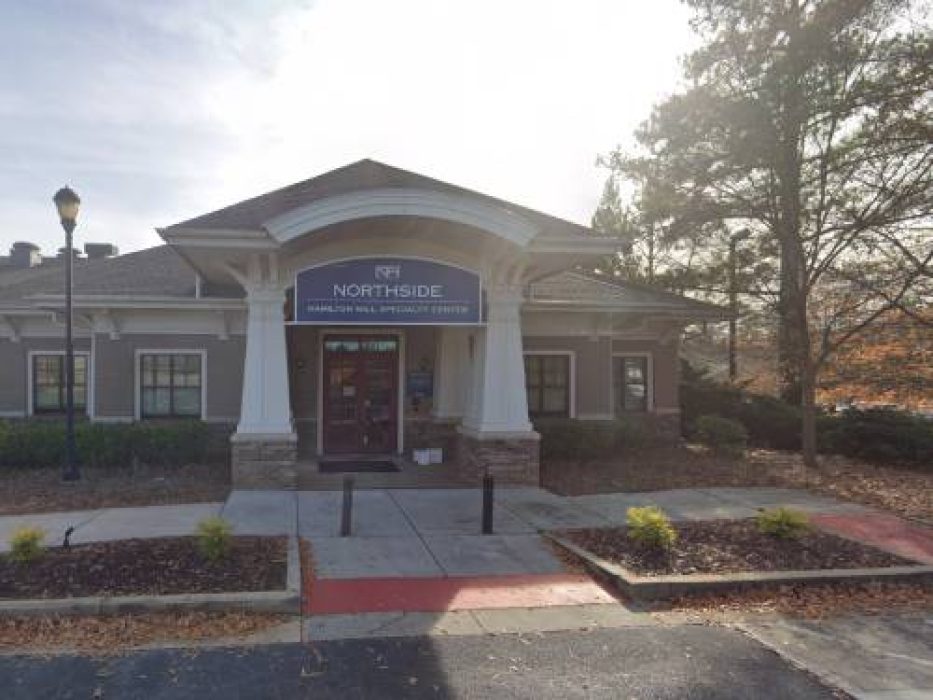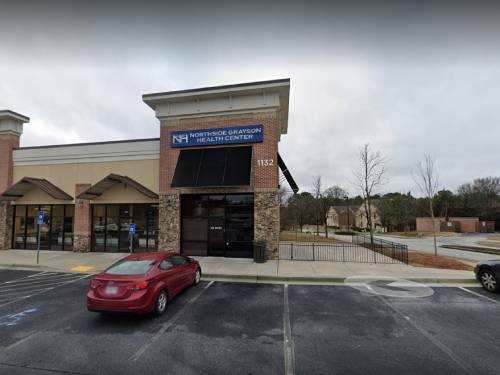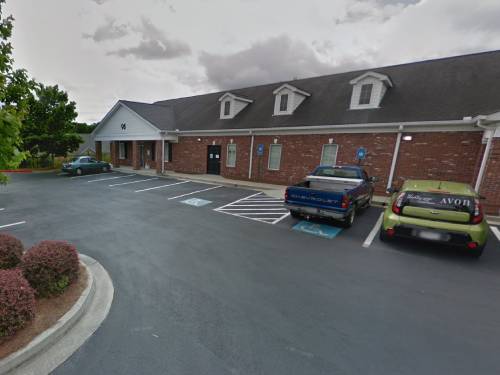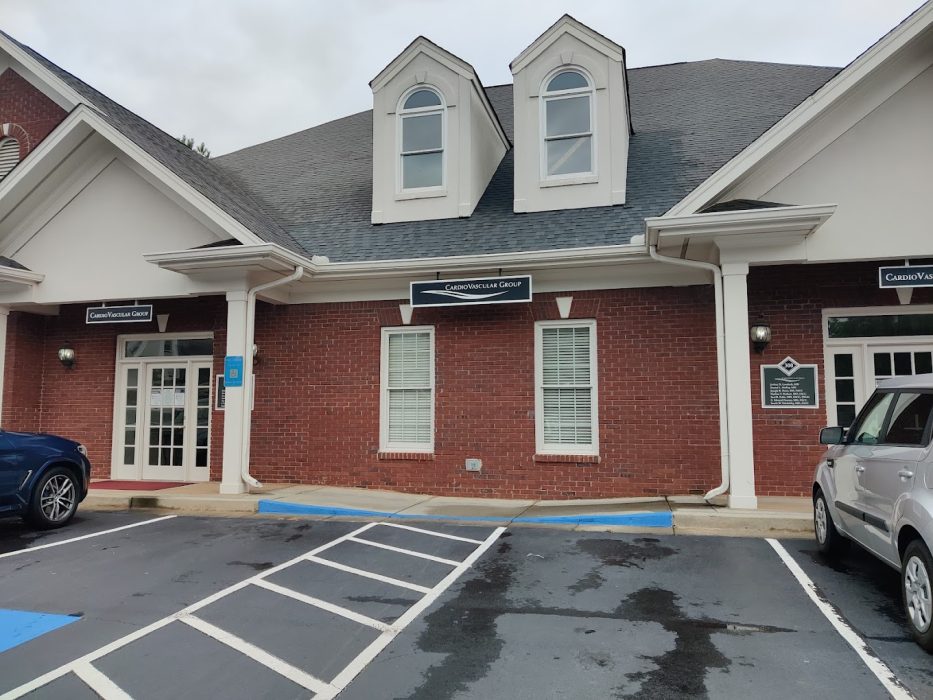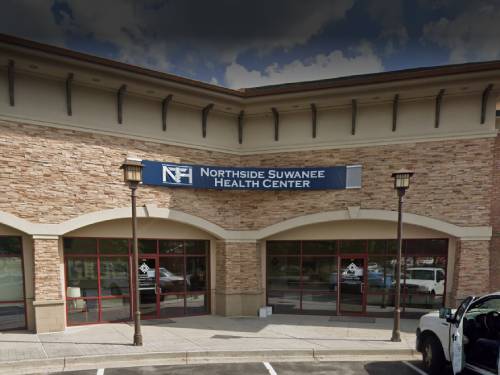HOW LONG CAN SOMEONE LIVE WITH AN ENLARGED HEART?
Lorem ipsum dolor sit amet, consectetur adipiscing elit.

HOW LONG CAN SOMEONE LIVE WITH AN ENLARGED HEART?
You may have heard about an enlarged heart, but do you understand how it can affect your lifespan and quality of life? An enlarged heart, also known as cardiomegaly, is a serious condition that requires attention and proper management. If you’ve been diagnosed with an enlarged heart or have risk factors for this condition, it’s crucial to consult with our Atlanta heart doctors to discuss your prognosis and treatment options.
An enlarged heart is like an overworked muscle. As a bodybuilder’s muscles grow with intense exercise, your heart can enlarge in response to extra strain. However, unlike strengthened muscles, an enlarged heart often struggles to pump blood efficiently, potentially impacting overall health and longevity.
You might wonder how long you can live with an enlarged heart. The truth is, there’s no one-size-fits-all answer. Your prognosis depends on several factors:
- Cause of enlargement: Some causes, like pregnancy or athleticism, may be temporary and benign. Others, like heart disease or high blood pressure, maybe more serious.
- Degree of enlargement: Mild enlargement might have little impact, while severe cases can significantly affect heart function.
- Overall health: Your age, lifestyle, and other health conditions affect your prognosis.
- Treatment and management: Proper medical care and lifestyle changes can greatly improve outcomes.
- Type of enlargement: Whether it affects the left, right, right, or both chambers can influence prognosis.
With proper treatment and management, many people with enlarged hearts can live for many years, often with a good quality of life. Some individuals may even see their heart size return to normal if the underlying cause is addressed early.
However, without treatment, an enlarged heart can lead to complications like heart failure, blood clots, or cardiac arrest, which can significantly shorten lifespan. This is why early detection and management are crucial.
By visiting our Atlanta heart doctors, you’re taking a proactive step toward managing this condition effectively. Our cardiologists are experts in diagnosing and treating enlarged hearts. They can perform comprehensive tests to assess the severity of your condition and its impact on your heart function.
During your visit, you’ll receive personalized care tailored to your situation. Our doctors will explain your condition in detail, including its potential causes and effects on your health. They’ll work with you to develop a comprehensive management plan, which might involve medications, lifestyle changes, or, in some cases, surgical procedures to address the underlying cause of your enlarged heart.
Don’t let an enlarged heart dictate your future. Schedule an appointment with our Atlanta heart doctors today for a thorough evaluation and personalized treatment plan. While an enlarged heart is a serious condition, many patients can lead full, active lives for years with proper care and management.
Early detection, proper treatment, and ongoing management are key to living well with an enlarged heart. Our team is here to support you every step of the way, helping you understand your condition, make informed decisions about your care, and maintain the best possible heart health for years to come.
Read more about living with an enlarged heart and how CVG provides comprehensive cardiac care.
What Causes an Enlarged Heart?
No definitive answer exists regarding how long someone can live with an enlarged heart. An enlarged heart can be a sign of something serious or even life-threatening if left untreated; however, with proper care and lifestyle modifications, people living with an enlarged heart can lead healthy and fulfilling lives.
An enlarged heart (cardiomegaly) is generally caused by a build-up of fatty deposits within the heart’s walls. This can cause the organ to become larger than usual, which affects its ability to pump blood effectively. While it’s impossible to predict how long a person can live with an enlarged heart, several factors may influence their prognosis, including the underlying cause of the condition, their age, and any additional health issues they may have.
How Will My Doctor Treat My Enlarged Heart?
For conditions such as cardiac hypertrophy (thickening of the heart’s walls) or cardiomyopathy (a disease affecting the structure or function of the muscle fibers in the heart), treatment focuses on stabilizing symptoms and improving quality of life for as long as possible. In some cases, medicines may be prescribed to reduce inflammation or help manage blood pressure; however, lifestyle modifications are often necessary for individuals with an enlarged heart to slow its progression. These lifestyle modifications include reducing stress levels, quitting smoking and using drugs, exercising regularly, eating a balanced diet low in saturated fats and cholesterol while increasing complex carbohydrates and fiber intake, and abstaining from alcohol consumption.
Regular follow-up visits with a cardiologist are important to monitor any symptoms or overall health changes over time. For individuals diagnosed with more serious forms such as dilated cardiomyopathy (enlargement and weakening of ventricles), patients must adhere closely to doctor’s orders to improve prognosis and longevity. Still, unfortunately, this may not always be possible due to other medical complications that can arise from this condition.
Living with an Enlarged Heart
Why Choose CVG?
Related Conditions:
- Causes And Treatment For Heart Arrhythmia
- Causes And Treatment Of Pulmonary Stenosis
- Expert Insights on Cardiac Catheterization
- Expert Insights on Low Blood Pressure
- Exploring the Latest Advances in Atrial Fibrillation Treatment
- Dangerously high cholesterol?
- Get Your Blood Pressure Test Today!
- Understanding Electrical Cardioversion
- What Are ACE Inhibitors Used For?
- What foods are high in cholesterol?
- What Heart Flutters Can Mean
- What is Heart Failure & How to Treat it?
- What Is The Success Rate Of The Watchman Procedure?
Top Conditions:
- How long can someone live with an enlarged heart?
- Pros and Cons of the Watchman Device
- Risks and Complications of Cardiac Catheterization
- Side Effects Of The Watchman Device
- The Benefits of Cardiac Catheterization
- The Dangers Of High Blood Pressure
- The Dangers Of High Cholesterol
- The Watchman Implant Procedure
- Tips To Lower High Cholesterol
- Understanding Cardiac Catheterization
Call to Schedule an Appointment
Board-certified Doctors
CVG’s twenty board-certified heart doctors will guide you through your healthcare journey with the utmost compassion and individual attention. We aim to provide you with state-of-the-art cardiac care that includes the full spectrum of services, from testing to diagnosis and treatment. The doctor/patient relationship is built on trust. Through our combined efforts, we can conquer any challenge that comes our way.
Invasive therapies may also treat an abnormal heart rhythm, such as electrical cardioversion, which sends electrical impulses through your chest wall and allows normal heart rhythm to restart, or catheter ablation that disconnects the abnormal rhythm’s pathway. Suppose your doctor determines that electrical devices are the best course of action. In that case, you may be given a permanent pacemaker, an implantable cardioverter-defibrillator (ICD), or biventricular (B-V) pacemakers and defibrillators.
How CVG Can Help
CVG offers multiple services that can discover an enlarged heart or conditions that will lead to it. At CVG, we perform stress tests that will observe blood flow and test for various forms of heart disease. There are three types of stress tests that we perform:
- A treadmill test is a test in which you will walk on a treadmill that gets faster and steeper every 3 minutes. This will stress your heart so that our nurse or doctor can determine your heart rate and blood pressure.
- An echo test is performed before and after your treadmill test to determine how well your heart pumps blood.
- A nuclear stress test is a treadmill test that is prefaced by an injection of medicine that shows the flow of blood to your heart.
We also offer cardiac catheterization to diagnose and treat several heart issues. If any of these tests determine a problem, we offer treatment solutions such as atrial fibrillation testing and catheter ablation. Learn more about our services here, or schedule an appointment to talk to our doctors.
Schedule Your Appointment with a CVG Atlanta Area Cardiologist
Expertise, experience, and compassion are the pillars of CVG’s patient-centered cardiac care. Please schedule your appointment with CVG today. Call (770) 962-0399 or 678-582-8586. You may also request an appointment online. If you have an emergency, don’t contact us online; please call 911.
Locations That Treat Enlarged Heart




